
Asparagus belongs to the lily family which also includes leeks and onions. This green vegetable has been loved for centuries; even the ancient Roman Empire grew and ate asparagus. Like other fruits and vegetables, there are many health benefits that asparagus offers. Asparagus is rich in vitamins, minerals, fiber and antioxidants.
Five spears of asparagus is only about 20 calories, provides 7% daily value of potassium, 10% Daily Value vitamin A, 15% Daily Value vitamin C, provides small amount of iron, calcium and rich in vitamin K and B vitamins.
Eating a diet high in fruits and vegetables is associated with many health benefits including lowering risk for some chronic diseases.
Here are some specific health benefits of asparagus and why you may want to add this vegetable more to your diet.
#1 – Cancer fighting
Any food that is a natural source of antioxidants can help protect cells from damage caused by free radicals. This can be the start of altering a cell’s DNA and make it susceptible to rapidly reproducing, which can be the start of cancer cells spreading.
Since asparagus is a source of antioxidants, they can be part of a diet that may help lower risk for cancer. Asparagus has a few other reasons of why it can help fight cancer.
Asparagus is rich in glutathione, which is a sulfur containing compound that can help the body destroy carcinogens and recycle the body’s antioxidants.
#2 – Good for bones and heart health
B vitamins can help lower levels of homocysteine in the blood. This is important because elevated homocysteine levels can increase risk for heart disease. Asparagus is a source of B vitamins, and it contains soluble fiber. Soluble fiber can help lower blood cholesterol.
A diet high in potassium, magnesium and calcium can help lower blood pressure. Fruits and vegetables are good sources of potassium, but many adults do not get the recommended amount of daily potassium.
Asparagus provides about 7% Daily Value of potassium per serving. Asparagus also has a mild diuretic affect, which may also help with blood pressure.
Vitamin K is needed for proper blood clotting, but vitamin K is also an important nutrient for bone health. Vitamin K helps increase bone density, some research suggests high intakes of vitamin K can help lower fracture risk in people with osteoporosis. Asparagus is a rich source of vitamin K and also contains some calcium, both of which promote bone health.
#3 – Help with blood sugar regulation
The soluble fiber and antioxidants in asparagus may help lower risk for type 2 diabetes. Soluble fiber can help regulate the absorption of glucose from the digestive tract into the blood after a meal.
Type 2 diabetes is associated with inflammation, so lowering inflammation can also be beneficial.
Asparagus may have beneficial effect with type 2 diabetes risk similar to some diabetic medications, according to a 2012 study. Researchers found that when extract of asparagus was given to diabetic rats for 28 days, the rats had significantly improved insulin secretion and beta cell function. Insulin is produced from the beta cells of the pancreas.
More studies are needed in humans with asparagus and blood sugar regulation.
#4 – Promote helpful bacteria growth in the gut
A general treatment and prevention tip for constipation is to eat a diet high in fiber and fluids. This can help with regular bowel movements, and having a diet high in fiber may also help lower risk for colon cancer.
Eating a diet rich in fiber and fluids also means it can help fill you up with a small number of calories, which can be helpful for weight balance.
Asparagus provides a certain type of fiber called inulin. Inulin is considered a prebiotic because beneficial gut bacteria love to feed on inulin. Getting sources of prebiotics in the diet is important to maintain a healthy gut flora and promote healthy bacteria growth in the gut instead of harmful bacteria.
Eating asparagus provides a natural source of fiber that is beneficial for you and also beneficial for helpful bacteria, probiotics, in the colon.
The study of the relationship between gut bacteria to humans continues to show the important role these bacteria have. They not only promote digestive health, but probiotics may influence weight regulation, mental health and immune defense.
Conclusion – There are many reasons to eat Asparagus
Asparagus contains a high number of nutrients. It can be considered heart healthy because of the potassium, soluble fiber, B vitamins and antioxidants. It can be considered helping to lower risk of cancer because of the antioxidants and glutathione which also helps fight cancer cells and recycle antioxidants in the body.
The high amount of vitamin K in asparagus can help with bone health and also provides a small amount of the bone building nutrient calcium.
A study with rats suggests asparagus may be helpful in blood sugar regulation and insulin secretion, and the soluble fiber from asparagus can also help with blood sugar regulation.
Asparagus’ high content of fiber and water make it an aid for the digestive process, and asparagus provides a specific type of fiber called inulin which promotes the growth of probiotics in the digestive tract.
References used in this article
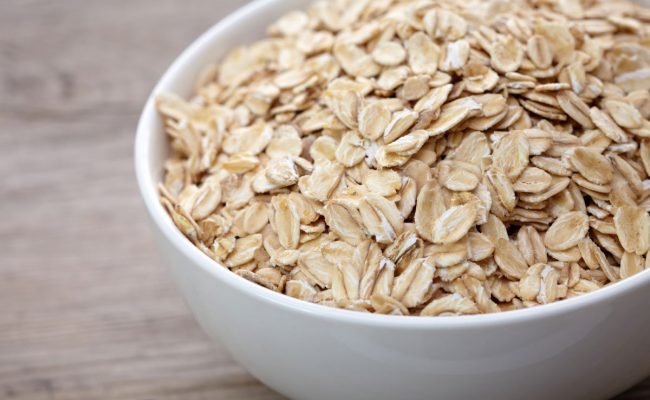
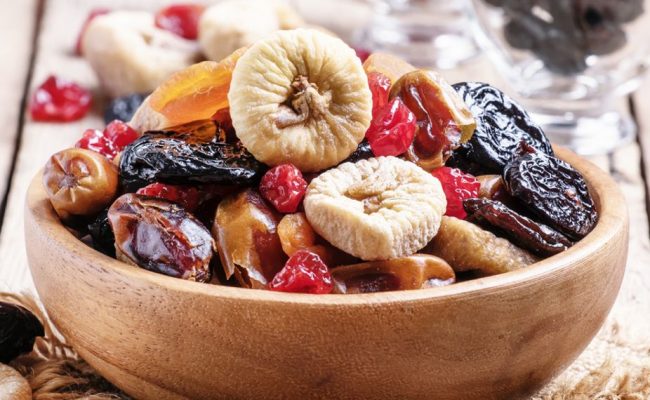


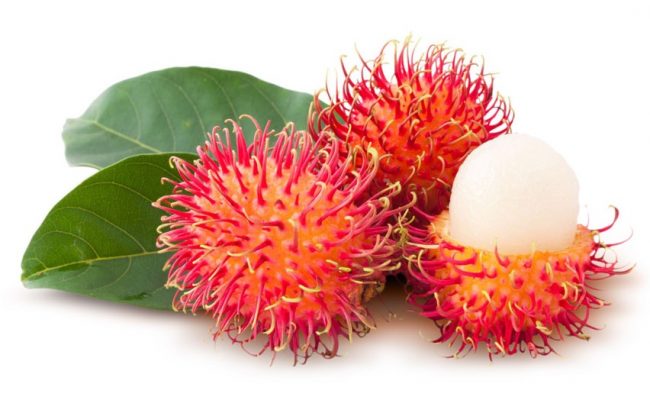
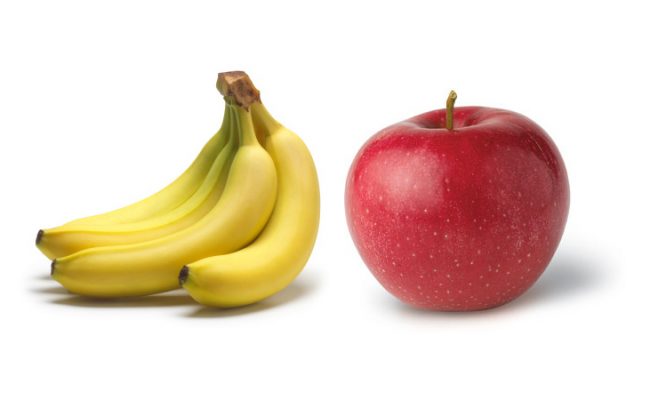


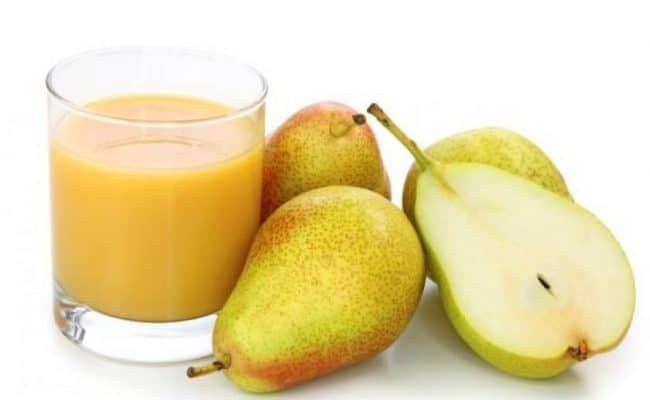


Raza says
Nice article.
I like asparagus, but it’s hard to cook sometimes… it doesn’t hold flavor when I cook it (unless I stew it)